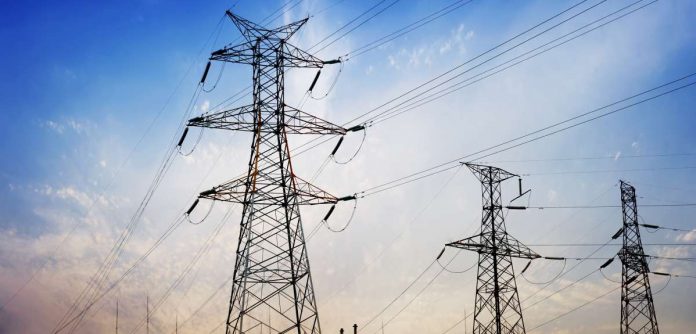In a move akin to weakening the powers of the Bureau of Public Enterprises (BPE), the Federal Government has transferred its 40 percent shareholding in electricity distribution companies (DisCos) from the BPE to the Ministry of Finance Incorporated (MOFI).
Minister of Finance and Coordinating Minister of the economy, Wale Edun, in a document dated January 10, directed the board of directors of the MOFI to assume ownership, control, and management of all equity holdings of the Federal Government of Nigeria in Nigeria’s 11 DisCos.
Edun also directed MOFI to “Assume ownership, control, and management of all equity holdings of the Federal Government of Nigeria, as contemplated and provided for by law and/or any contract; and issue all appropriate notices, instruments, and documents which are required to give effect to this directive”.
Before this Order, under the statutory mandate in Section 9 of the now-repealed Electric Power Sector Reform Act, 2005, the BPE was the holder of record of the equity interests of the FG in DisCos.
The BPE had also nominated various persons to be directors in DisCos and managed the implementation of the various rights and obligations of the FGN in the company.
“The BPE nominee director on the board of directors of this Company is withdrawn with immediate effect and share certificates of the Company issued in the name of the BPE are to be immediately withdrawn and cancelled,” Armstrong Takang, CEO, MOFI said in a letter dated January 10 2023.
He added, “A new share certificate for all outstanding shares of the FGN in the Company is to be issued in the name of “MINISTRY OF FINANCE INCORPORATED”.
“All minutes of Board meetings, current management operational reports, extant strategic business and operating plans, management accounts and audited financial statements going back to the 2021, 2022 and 2023 financial years should be immediately delivered to MOFI”.
Takang said he expects DisCos to “Immediately take on board and implement these decisions”.
BPE had last December disclosed plans to sell off the remaining 40 percent shares of the federal government in the DisCos and four other assets in 2024.
Other assets that will be sold off next year via public offerings at the capital market include Eleme Petrochemicals Company Limited, Nigeria Reinsurance, NICON Insurance, and the Nigeria Machine Tools in Osogbo, according to the BPE.
“Before selling any percentage shares in Discos, an audit of what is due to everyone must be done,” Jide Pratt, country manager of Trade Grid, said. “The Nigerian Bulk Electricity Trading or Discos should settle outstanding before any sale or new equity/share/percentage is injected.”
The Nigerian Electricity Regulatory Commission (NERC) had on January 8 put up for sale the Kaduna DisCo, sixth largest power distribution utility over a $130 million debt, less than two years after the lenders who took over the company failed to turn it around and make it profitable.
The power distribution company owes N110 billion ($130 million), NERC said in a notice on Monday, to companies including the Nigerian Bulk Electricity Trader and power generation firms.
The regulator said it now considered the company a ‘failing licensee’, allowing NERC to dissolve its board using a law passed last year.
“Selling the federal government shares in the distribution companies is quite feasible and realistic. However, recognising the current momentum and the ongoing transformation in the sector, the government should continue holding on to the shares,” Bayode Akomolafe, a power engineer expert, said.
The federal government, AMCON and some banks were forced to take over Kano Electricity Distribution Company, Ibadan Electricity Distribution Company, BEDC Electricity Plc, Kaduna Electric, and Port Harcourt Electricity Distribution Company at different points due to alleged poor performance and liquidity crisis.
“The takeover by AMCON and the banks have not helped matters as it could have been effective if there is fresh capital introduced and small operational efficiencies but as these things are still lacking, the problem would persist,” Lanre Elatuyi, an energy analyst, said.


